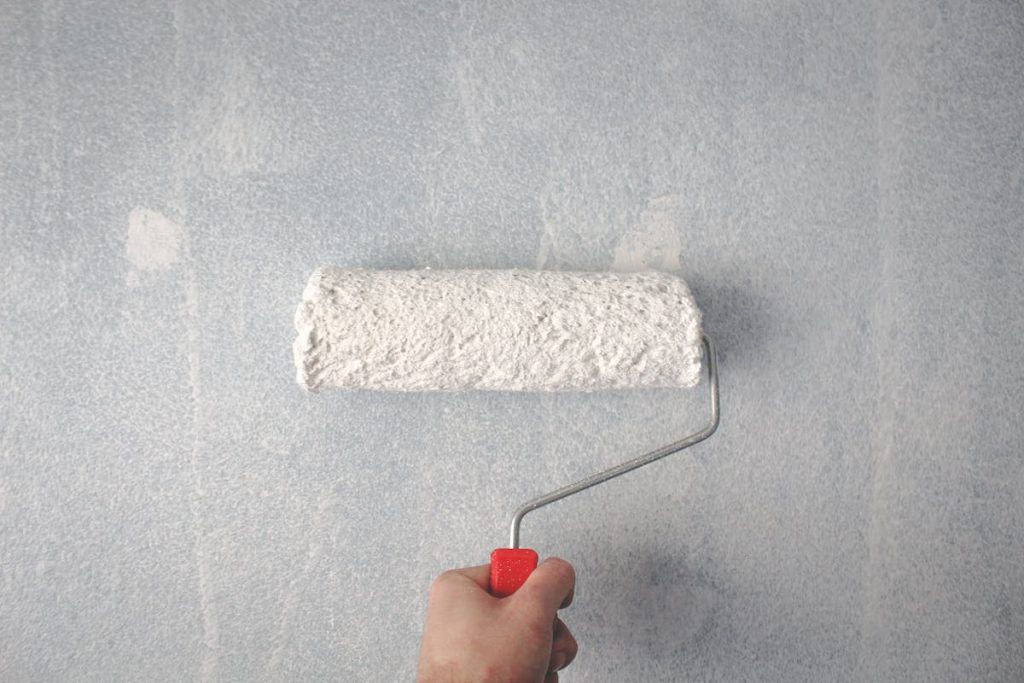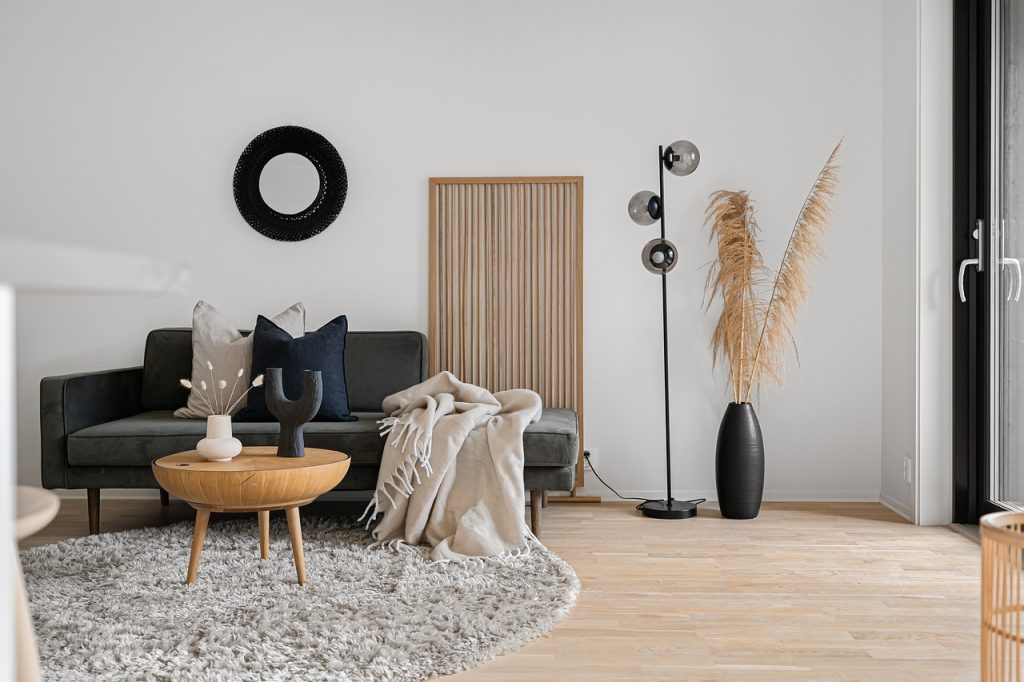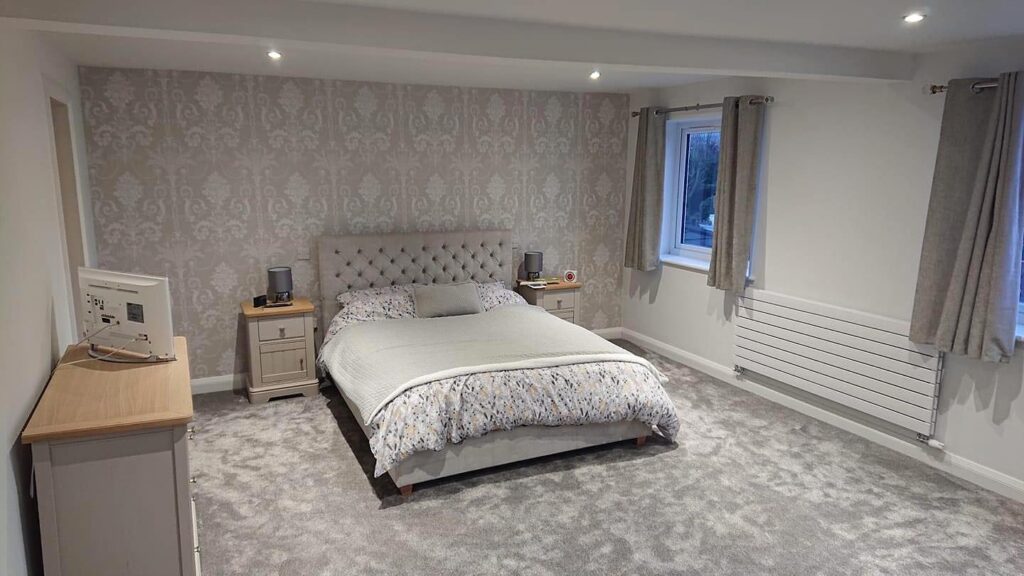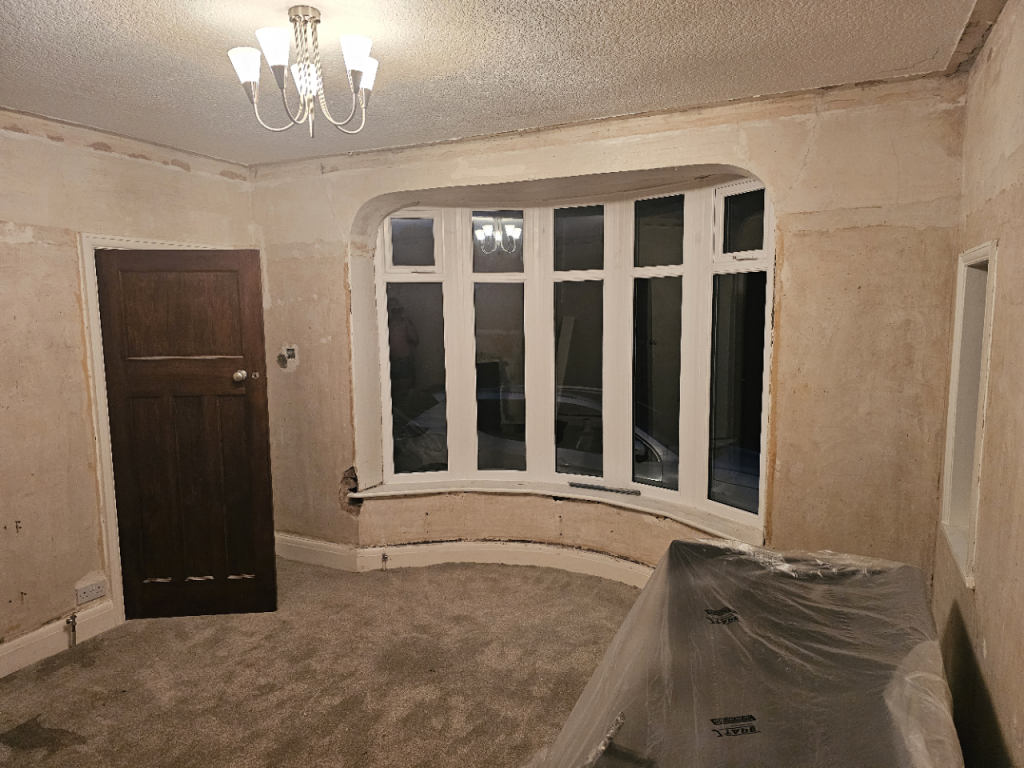A fresh coat of paint can transform your home, enhancing both its appearance and value. However, hiring the wrong painter and decorator can lead to poor workmanship, hidden costs, and a frustrating experience for you as the customer. Many homeowners focus solely on price, but choosing a qualified professional painter and decorator ensures a high-quality finish that lasts.
This guide will walk you through the essential questions to ask a painter before hiring them, to ensure your home gets the expert care it deserves.
Why Asking the Right Questions Matters
Not all professional painters and decorators provide the same level of service. Some may lack insurance, use low-quality materials, or cut corners on preparation. The right questions help you sort the true professionals who can deliver a quality service and a quality finish from those that may not.:
A qualified painter ensures:
- Proper surface preparation for long-lasting results.
- Use of high-quality materials suited for your project.
- Compliance with health and safety regulations.
- Clear communication and transparent pricing.
An unqualified painter may:
- Use cheap, low-quality paint that doesn’t deliver best results.
- Skip essential prep work, leading to a poor finish.
- Lack insurance, putting you at risk of liability if an accident happens.
- Provide unclear estimates, leading to hidden costs.
- Not stick to agreed project start and end dates.
Now, let’s explore the important questions you should put to your painter and decorator before making a decision.
Our Top 10 Essential Questions to Ask a Painter Before Hiring Them:
1. Do You Have Insurance? (Protecting Your Home & Investment)
One of the most important questions to ask a painter before hiring is whether they have appropriate insurance cover.
A professional painter and decorator should have:
- Public liability insurance – Covering accidental property damage.
- Employer’s liability insurance – Protecting workers in case of injury.
Why it matters: Without insurance, you may be liable for any damages or injuries that occur during the project. Always ask for proof of insurance and verify its validity before choosing your decorator.
Additional tip: Ensure your contractor has coverage for damage to your property during the project.
2. Are Your Workers Employees or Subcontractors?
Some painting companies subcontract their projects, meaning the people working in your home might not be properly vetted.
Employee-based companies tend to:
- Have trained, experienced painters.
- Maintain quality control throughout the project.
- Conduct background checks for safety.
Subcontracted painters may:
- Lack proper training or experience.
- Cut corners to complete the job quickly.
- Work without insurance coverage.
While subcontracting can pose risks, many reputable companies maintain rigorous vetting standards for their subcontractors. It’s always best to ask how a company assesses and manages subcontracted workers, if you feel that they may be used.
3. What Materials and Paint Brands Do You Use?
A high-quality decorating job requires premium materials. Some painters cut costs by using cheaper paint or equipment that doesn’t deliver top-drawer results. In addition, a quality decorator will know that the idea choice of paint for a particular job depends on surface type, environmental conditions, and project requirements. Consult with your painter to ensure they are using the most suitable materials for your space.
Related Article: Interested in learning more about the paints that we use? Check out our Recommended Interior Paints for expert advice on the best options for your home!
4. What is Your Surface Preparation Process?
A poor end result on a decorating project often results from inadequate prep work – so ask your decorator:
- If they sand and prime surfaces before painting?
- How they handle cracks, holes, or peeling paint?
- What preparatory steps do they take when painting exterior surfaces?
5. Do You Offer a Warranty? And if so, What Does It Cover?
A professional painting company should provide a written warranty covering the following:
- Labour defects (e.g., uneven coverage, flaking, bad workmanship).
- Material failure (if they supply the paint).
Pro Tip: Standard warranties range from 1-10 years. Be cautious of painters and decorators who don’t offer any guarantees.
6. How Do You Handle Safety and Cleanliness?
Painting projects involve ladders, scaffolding, and potentially hazardous materials. Ask:
Ask about:
- Do you have a written safety programme?
- How do you protect furniture and flooring?
- Do you clean up at the end of each day?
If your home was built before 1960, lead paint may have been used in its construction or decoration. Lead paint is dangerous, so you should ensure the painter follows proper safety protocols for removal. You can find more information on the dangers and disposal of lead paint here, but a further step that your decorator can take today is the use of ‘low VOC’ paint to lower the presence of chemicals in the paint they’re using, without sacrificing any of the coverage or drying-time benefits that VOC’s provide.
7. Can You Provide References or Portfolio of Past Work?
Reputable painters should readily provide recent customer references and showcase their work.
What to look for:
- Verified testimonials with project details
- A gallery of past projects
- Positive online reviews (on platforms like Google or Trustpilot)
If they refuse to provide references, they may have poor customer satisfaction.
8. How Do You Structure Your Estimates and Pricing?
Transparent pricing ensures there are no hidden costs. A detailed quote should include:
- Labour costs and estimated hours
- Material costs (brand and type of paint)
- Additional fees (e.g., surface prep, repairs, travel expenses)
Be wary of vague estimates that leave room for unexpected charges.
9. What is Your Timeline for Completion?
Delays can be costly and inconvenient. Get clear answers on:
- Estimated start and completion dates.
- Plans for weather delays (for exteriors).
- Work schedule (full days or partial hours).
A professional will provide a clear timeline and keep you updated throughout the project.
10. What Happens If I’m Not Satisfied with the Work?
Ensure there’s a process for touch-ups and corrections if issues arise. A good contractor will:
- Conduct final walkthroughs to inspect the work before full payment.
- Have clear dispute resolution policies.
- Address any touch-ups or corrections required within the warranty period.
If they refuse follow-ups, they may cut corners to finish quickly.
Warning Signs to Watch Out for When Hiring a Painter
Avoid contractors who show the following red flags:
- Lack of valid insurance or licensing.
- Providing vague quotes or demanding a full payment upfront.
- Lack of online presence, references, or portfolio.
- Use of high-pressure sales tactics, or ‘bait-and-switch’ pricing.
Choosing the wrong painter can lead to costly mistakes. Doing your own due diligence can prevent them, and give you peace of mind.
Bonus: How to Compare Painting Quotes Effectively
When comparing estimates, use this checklist to make sure everything’s covered:
- Is the scope of work clearly outlined?
- Are materials, paint brands and precise colours specified?
- Does the quote include preparation and cleanup?
- Are payment terms and warranty details included?
- Is the work guaranteed by a governing body or by the person themselves?
Frequently Asked Questions
Is it worth getting a professional decorator?
Yes, hiring a professional decorator ensures high-quality workmanship, durable finishes, and a polished look. They have the expertise to select the right materials, handle surface preparation, and achieve flawless results—saving you time, stress, and costly mistakes.
How do you know if a decorator is good?
A good decorator has positive reviews, a strong portfolio, insurance, and clear pricing. They provide detailed quotes, quality materials, and excellent prep work. Checking references, past projects, and industry certifications helps ensure you’re hiring a skilled professional.
Can you haggle with decorators?
You can negotiate, but quality decorators price fairly for expertise, premium materials, and thorough prep work. Instead of pushing for discounts, request package deals or flexible payment terms while ensuring you receive top-tier service without cutting corners.
What is the difference between a painter and a decorator?
A painter primarily applies paint to surfaces, while a decorator handles the entire aesthetic transformation, including wallpapering, surface preparation, colour consultation, wallpapering and finishing touches. A decorator ensures a cohesive, polished look beyond just painting walls.
Final Thoughts…
Hiring a professional painter and decorator requires careful vetting. Asking the right questions ensures you receive top-quality service, long-lasting results, and full peace of mind.
Looking for a trusted professional in Bury, Bolton, or the surrounding areas? Carlo Picasso Decorators is here to help. Contact us today for a free consultation and expert guidance on your painting project.
Call us or visit our website for more details!










